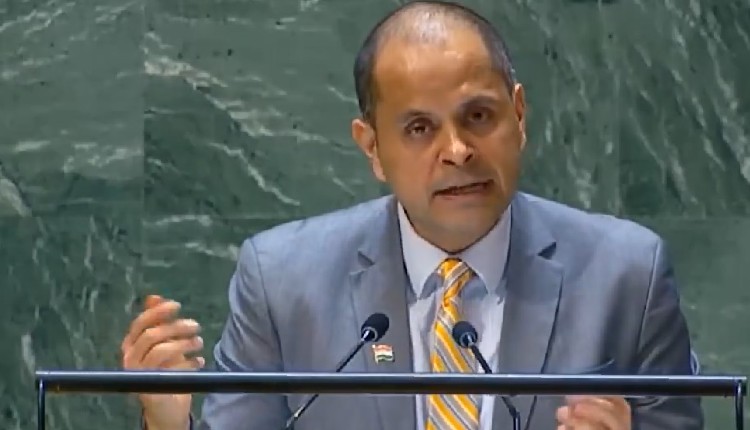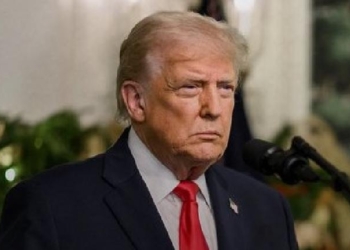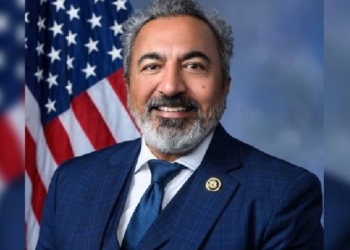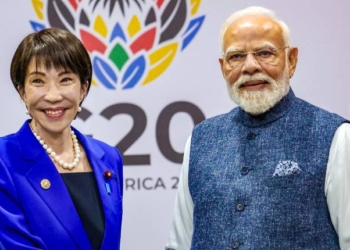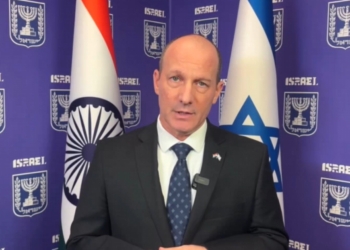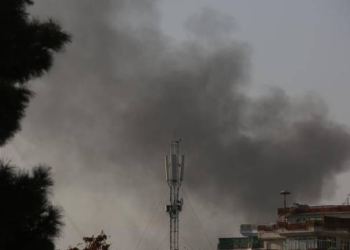United Nations: India has dismissed Pakistan’s attempt to inject Kashmir into a discussion of the workings of the Security Council as an undignified misuse of the General Assembly forum.
Pratik Mathur, a minister at India’s UN mission, reacting to Pakistan bringing up Kashmir, said that it “misused this forum to spread baseless and deceitful narratives, which is not a surprise.”
“I will not dignify these remarks with any response just to save valuable time of this august body,” he added witheringly.
Mathur, who did not name Pakistan and referred to it as “one delegation” was reacting to Pakistan’s Permanent Representative Munir Akram’s suggestion to set up a Security Council body to monitor the implementation of its resolutions on Kashmir.
But the target of his condescending dismissal was clear.
Regardless of the topic under discussion or its relevance, Pakistan consistently brings up Kashmir.
While India does directly take on Pakistan by naming it by exercising its formal right of reply on major issues, New Delhi does not name it on other occasions like on Tuesday to deprive Islamabad of an opportunity to prolong the issue, which is ignored by almost all the other 192 members of the UN, but at the same time making a clear rebuttal.
Since it was not named, Pakistan did not get a right to reply when it could amplify its statement.
Because Kashmir does not get traction at the UN, Akram repeatedly tries to link it to Palestine – as he did on Tuesday – but with no effect.
For example, in last year’s high-level session of the General Assembly, only one country besides Pakistan even mentioned Kashmir – which means 191 nations ignored it.
Even that was an anodyne remark made in the passing by Turkish President Recep Tayyip Erdogan who only said that resolving the dispute through dialogue by India and Pakistan “will pave the way for regional peace, stability and prosperity in South Asia.”
Pakistan’s former Foreign Minister Bilawal Bhutto Zardari has himself pathetically admitted Islamabad’s failure to get support for its cause.
“We face a particularly uphill task to try and get Kashmir onto the centre of the agenda at the United Nations,” he said at a news conference here last year.
India “strongly object vociferously object and they perpetuate a post facto narrative” to shut out Kashmir, he lamented.
India maintains that Kashmir and all disputes between the neighbours are bilateral matters under the 1972 Simla Agreement signed by Bilawal’s grandfather Zulfiqar Ali Bhutto, who was then Pakistan’s President, and India’s Prime Minister Indira Gandhi.
Moreover, when harping on the implementation of the Security Council resolution on plebiscite Kashmir, Islamabad ignores a key element that required it to first withdraw from all areas of Kashmir it occupied.
Security Council Resolution 47 adopted on April 21, 1948, requires the Pakistani government first to secure the withdrawal from the State of Jammu and Kashmir of tribesmen and Pakistani nationals not normally resident therein who have entered the State for the purpose of fighting and to prevent any intrusion into the State of such elements and any furnishing of material aid to those fighting in the State.
The “tribesmen” referred to in the resolution are Pakistani soldiers sent in disguised as tribesmen.
That resolution also requires Islamabad to not fund or arm terrorists who continue attacks in Kashmir, which element Pakistan ignores.
(IANS)




